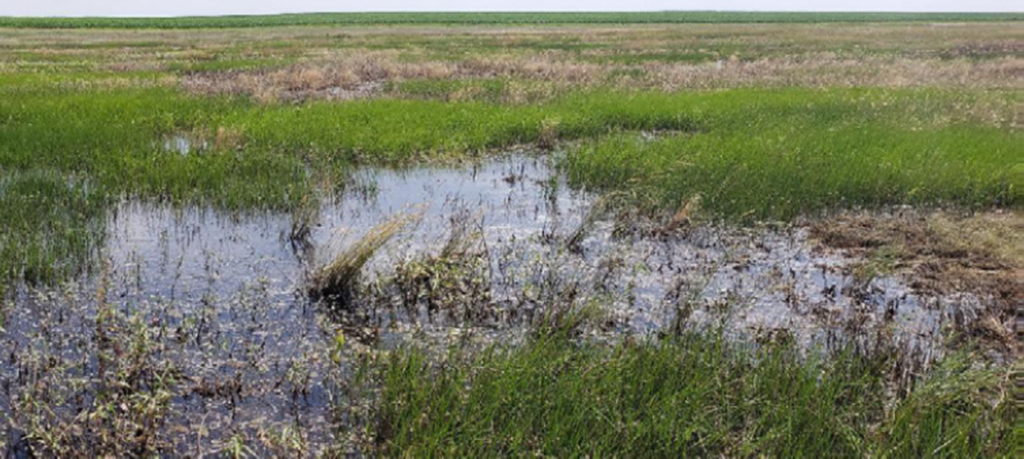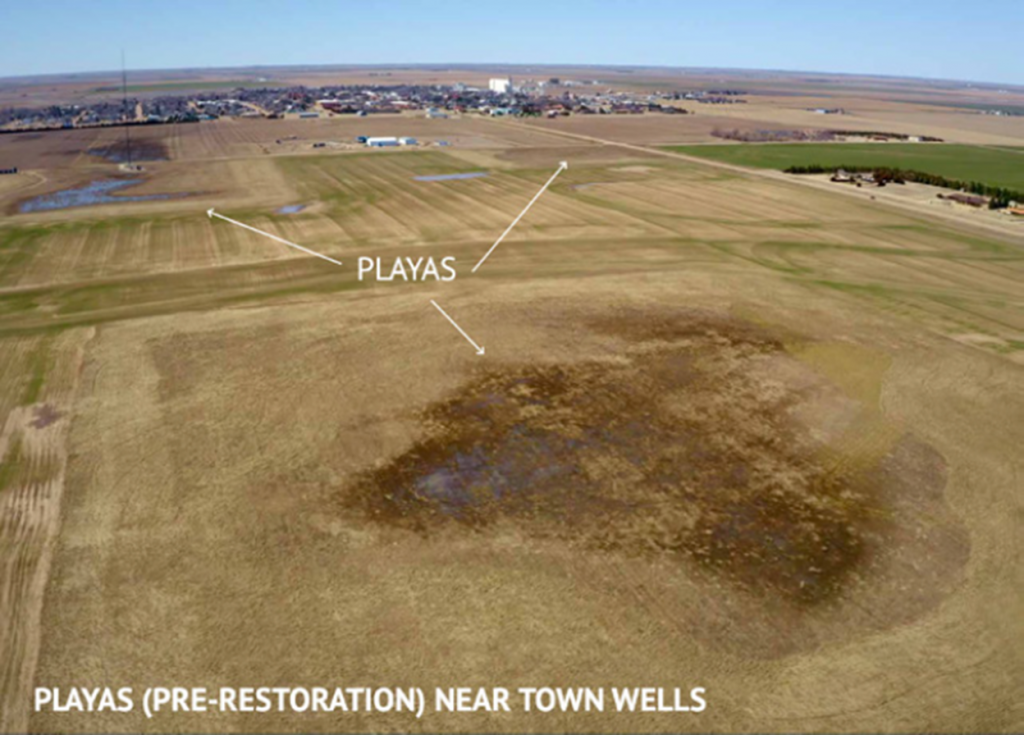- August 12, 2023
Kansas Conservation Series: Groundwater Recharge and Sustainability Project (GRASP)
Tribune, KS – U.S. Senator Roger Marshall, M.D. is continuing his conservation series highlighting Kansans’ voluntary efforts to take better care of the environment. Stories will be released throughout the 2023 Farm Bill legislative process.
“While we hold hearings for the 2023 Farm Bill, I want to highlight how hard Kansans work every day to protect our environment and conserve precious resources that our Ag economy needs to thrive. Kansas farmers, ranchers, growers, and producers are finding unique and practical ways to preserve our land and protect our water and air. Their efforts are worthy of everyone’s praise,” said Senator Marshall.
This week, Senator Marshall highlights the Groundwater Recharge and Sustainability Project (GRASP) in Wichita and Greeley Counties. Local incentive programs play an important role in helping farmers and ranchers establish robust, productive conservation systems on their land. One example, recently established through a partnership between Ducks Unlimited, USDA, and the Kansas Department of Agriculture, seeks to help producers in Wichita and Greeley Counties meet water conservation objectives and address declining aquifer levels through an initiative called the Groundwater Recharge and Sustainability Project (GRASP).
GRASP is locally led and utilizes the NRCS Regional Conservation Partnership Program (RCPP) in order to support local water conservation efforts. Farmers and ranchers in Greeley and Wichita County are participating in the program in order to address declining aquifer levels through implementing voluntary irrigation conservation and efficiency practices and by restoring playas to increase groundwater recharge.
Playas play an important role in recharging the Ogallala Aquifer, a healthy playa has an intact clay basin — without excavated pits or ditches — that is not buried by sediment from nearby fields. Historically, playas have been modified through drainage and natural erosion. By redirecting water back into the playa and removing sediment, water from the surrounding watershed freely enters the basin through a native vegetative buffer without being diverted from the playa by roads, terraces or other impediments.
When restored, healthy playas can help recharge the Ogallala Aquifer — and the water that reaches the aquifer through playas is cleaner than water that enters through other channels. This voluntary program in Wichita and Greeley Counties will be pivotal in recharging the Ogallala and promoting soil and water conservation on a local scale.

A healthy playa

###
